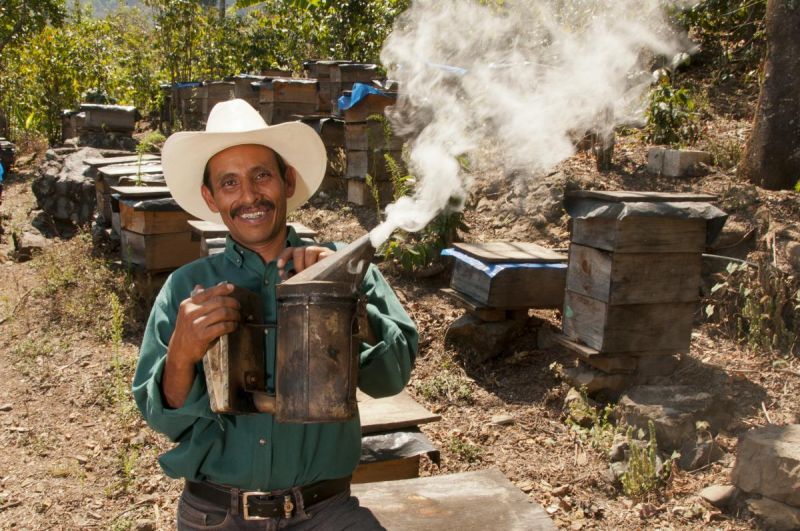
A recent study conducted jointly by the International Labour Organizaton's Americas office and the ICA Americas region shows how co-operatives contribute to sustainable development in Latin America. The book also aims to give governments and co-op members the chance to explore long-term strategies of how to strengthen the co-operative sector.
The research, undertaken by ICA Americas project manager Alberto Mora Portuguez, who is also responsible for education and training, alongside by ILO experts Rodrigo Mogrovejo and Philippe Vanhuynegem, highlights the important role the sector plays in sustainable development across the region.
The study also proposes measures to reduce poverty and unemployment, ensure gender equality and democratise co-operative structures across Latin America. The book reveals that the co-operative sector is diverse and the lack of statistics regarding the co-operative sector and its impact on national economies.
The study initially sought to answer the question: "What is the current situation and impact of co-operatives on development and poverty reduction in Latin America?" The research resulted in a regional review and specific country studies highlighting the contribution of co-ops in terms of poverty alleviation and promotion of suitable work.
To provide a complex analysis, the study includes a specific evaluation of the situation of co-operatives in five countries in the region: Bolivia, Costa Rica, Guatemala, Paraguay and Peru, revealing a vide variety of co-ops across many sectors.
“Co-operatives have a long history and are also part of the present in Latin American countries, generating profit and jobs for their members and contributing to each country’s social and economic development,” writes Alberto Mora in the introduction.
The study shows the credit union sector as one that has developed the most, although co-ops have been developed in other sectors too. Furthermore, according to this research, one of the biggest challenges for the co-operative movement across Latin America has been fighting for a suitable legal framework adapted to the true co-operative model.
In the first two chapters Alberto Mora provides an insight into the history of the co-operative movement in Latin America, while assessing the social, economic and political context.
Later, Rodrigo Mogrovejo and Philippe Vanhuynegem explore the role played by co-ops in alleviating poverty across Bolivia, alongside a chapter dedicated to co-operatives in Costa Rica, with a strong emphasis being placed in the socio-economic impact of the co-operative sector.
Another part of the book, written by Alberto Mora and Bernardo López, is focused on how co-operatives help the people of Guatemala fight poverty and secure a sustainable development.
Leticia Carosini provides an analysis of the co-operative movement in Paraguay, while Rodrigo Mogrovejo, Philippe Vanhuynegem and Miguel Vásquez end the case studies with a study of co-operatives in Peru.
The publication is available to view online in Spanish only.




